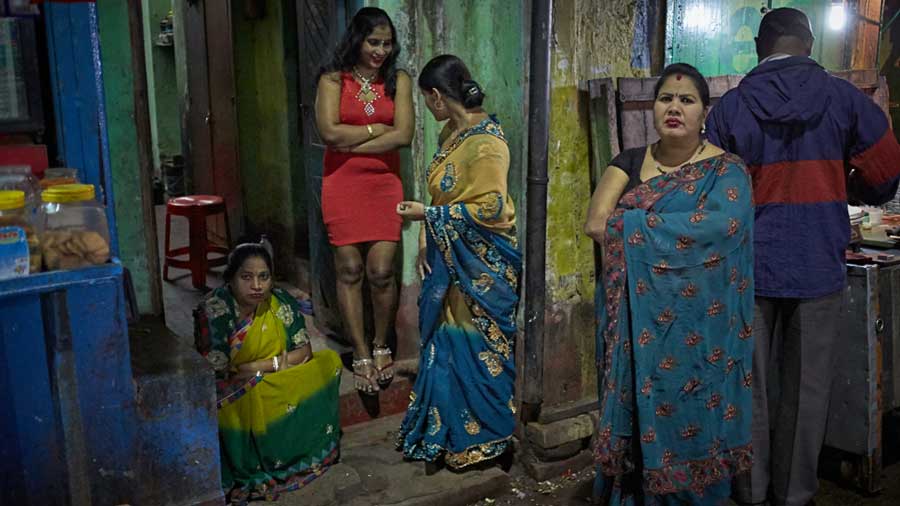Sex work has always presented authorities with a conundrum. In India, for example, sex work is not illegal whereas soliciting or running a brothel is. This anomaly not only allows the police to victimise sex workers when raiding brothels but also deprives the women of a residential address. This means that they are unable to obtain proofs of identity through ration cards and voter cards, and are left out of any scheme that might benefit them specifically or people of their income level in general. The Supreme Court, acting on the recommendations of a decade-old panel, issued guidelines for the treatment of sex workers in accordance with its discretionary powers under Article 142 of the Constitution until such time as the Centre formulates a law regarding sex work. The court reportedly said that adult voluntary sex work with consent was a profession and sex workers have the same dignity that all Indian citizens enjoy under Article 21 of the Constitution. The police could not ill-treat sex workers, and must take seriously their complaints of sexual assault. Children of sex workers could not be torn away from their mothers and neither mother nor child could be banished to the fringes of society and deprived of rights.
Rehabilitation and protection seemed to be the main themes of the Supreme Court’s guidelines, especially the rehabilitation of sex workers into society as citizens with equal rights. While its guidelines create an ideal situation, certain conflicts would have to be resolved by the Centre before it formulates a law. Recognition as a profession means little if the conditions for conducting the work are outlawed. Besides, how is the relationship between sex work and trafficking to be addressed? Would recognising sex work as a profession lead to greater exploitation of the women with the control going to organised groups? In spite of this danger, the Centre has baulked at the recommendation that sex workers have a say in any policy concerning them. Without recognition, though, the women would be left without access to benefits or support when they are ill or old — that is, without the dignity and rights that the Supreme Court envisaged. Their children would suffer too. A law giving sex workers the status and rights of citizens and workers would have to be formulated with great care.











